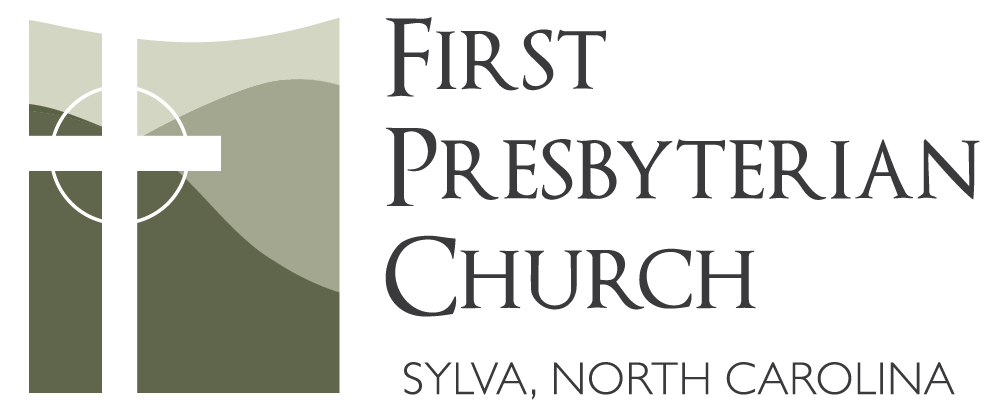Dear church family,
On Wednesdays night this fall, I’ve been reading a book called Learning to Disagree, by John Inazu, and discussing it alongside a small group at church. It’s led to some beautiful – if difficult – conversations about this important and timely topic.
One section, in particular, stood out to me as especially relevant for November, which we usually think of as a month of gratitude (since Thanksgiving Day is soon to arrive). In that section of the book, John describes his grandparents, who were Japanese immigrants to the United Stated forced into an interment camp at Manzanar during World War II. Inazu describes the pain and injustice of this imprisonment on his family, all due to the fear and ignorance of the larger culture. Yet he also describes how his grandparents were able to find reasons to be grateful – and to show gratitude – throughout.
It's surprising, isn’t it? On the one hand, we might wonder what these folks had to be grateful for. Hadn’t their lives been needlessly disrupted and disrespected? Why on earth would they be grateful? On the other hand, we might wonder why these folks would want to be grateful. Wouldn’t that gratitude in some way validate this unfair situation? Why on earth should they be grateful? And so, their story shocks us.
Yet John tells their story nonetheless. He tells it, having asked these questions and wrestled with these complexities, because he believes that his grandparents’ gratitude is a sign of God’s grace at work. What is grace? It is a free and undeserved gift – yes. It’s also the light that shines when everything else is going dark; it’s the sweetness of mercy when one expects only bitter punishment; it’s the emergence of joy when hope was given up and left for dead. This is what John’s grandparents discovered, and their response to it was gratitude. This gratitude, of course, doesn’t mean they were happy about their circumstances. It doesn’t mean they excused the actions of their captors or of the United States government. But it does mean they were able to see those actions in the context of a bigger story.
I wonder if that might be an invitation for us this November, as well. There’s been a lot of stress and strain in Western North Carolina lately due to Hurricane Helene, and we in Sylva are not exempt from feeling the weight of it (even if we were, indeed, “spared” the worst of the destruction). And there will continue to be a lot of stress and strain as we move past Election Day on November 5, regardless of the outcome. What will our attitude be? How will we respond? I suggest we take a cue from John Inazu’s grandparents and find reasons to be grateful – grateful not for the sin that so easily entangles us, but for God’s grace that is sufficient all along the way.
See you Sunday,
Blake


